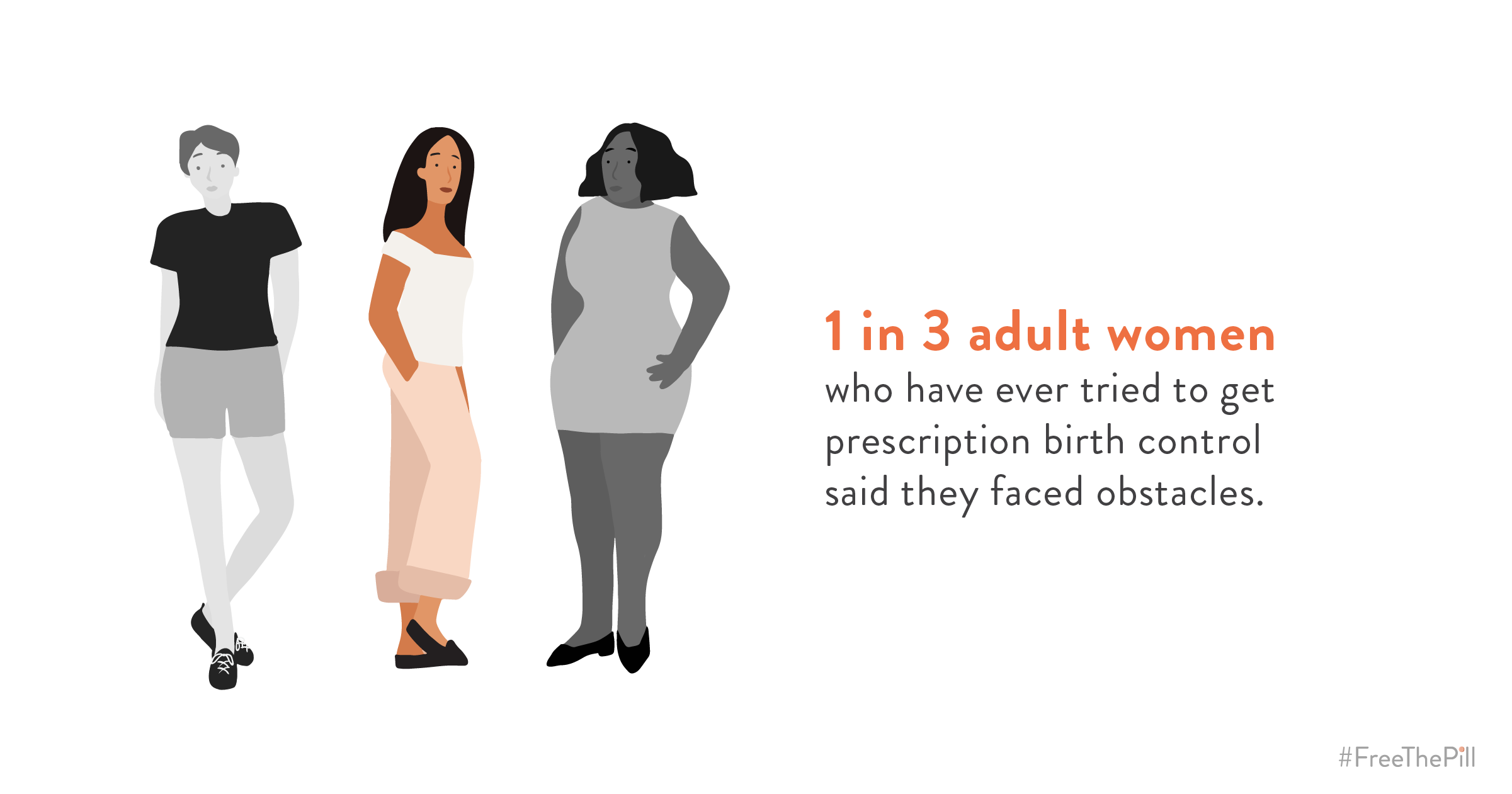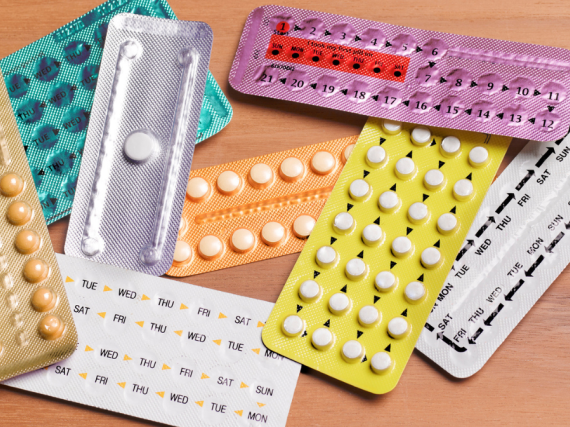Free the Pill: Why Birth Control Should Be Available OTC
For the more than 19 million women who live in contraceptive deserts, or counties in which they lack reasonable access to a health center offering the full range of birth control methods, getting a prescription for birth control means having to do more than show up to an appointment. It might mean they must find a babysitter, take time off work, or travel long distances to access their preferred birth control method.
Birth control is basic health care. It’s time to begin removing barriers like these by making the birth control pill available over the counter. It’s time to #FreeThePill.
Here are six reasons that the birth control pill should be available over the counter, to anyone who wants it:
To help with painful acne:
To ease cramps:
For self-care:
For preventing cancer:
To boost our confidence:
To make our dreams possible:
An accessible, available over-the-counter birth control pill isn’t everything though! Our vision for the pill is that it’s affordable and available to people of all ages:
Without question, we think the birth control pill should be:
- Available over the counter.
- Covered by insurance.
- Affordable for everyone.
- Available to people of all ages.
- Accessible for all.
Research has shown that when the pill moves over the counter it remains a safe and effective method of birth control. And it’s important to note that over the counter birth control pills wouldn’t remove the need to see a doctor regularly for things such as well woman visits, Pap smears, and IUD placement.
By removing the barrier of a prescription, we can increase access not just for the 19 million women living in deserts, but for everyone across the country. By expanding access to contraception, we’re supporting people's right to determine their own future.


